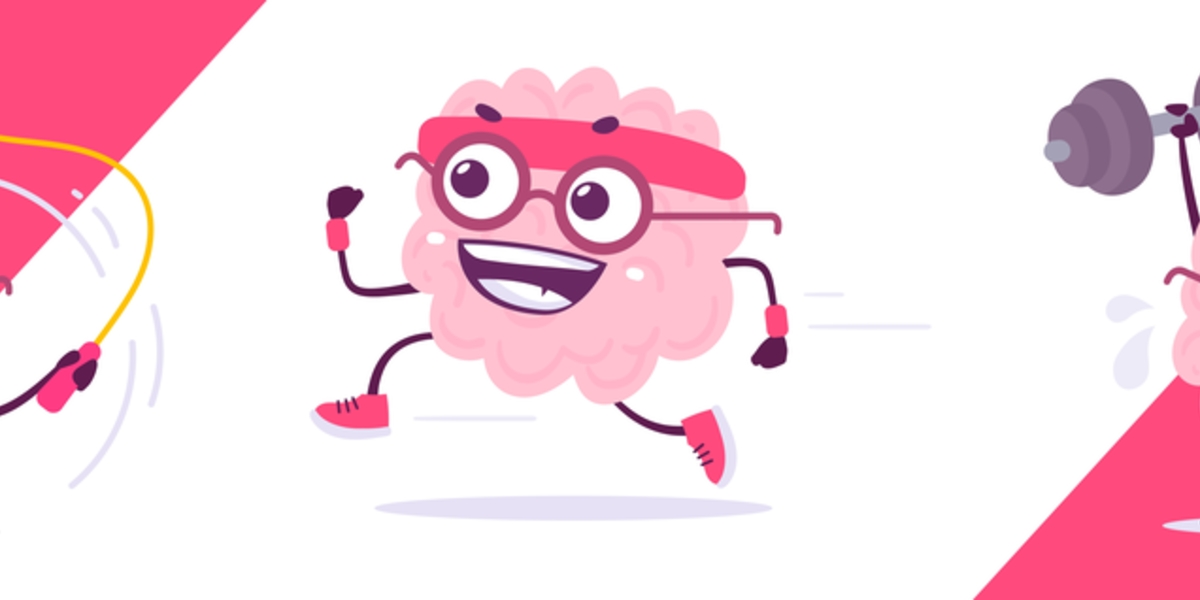
A 14-year study tracking NfL levels in people with the HD gene shows this tiny protein can signal disease progression many years before symptoms start. The longest follow-up study yet adds weight to NfL as a powerful tool for HD research.

For Sleep Awareness Week (March 9-15), HDBuzz is giving a wake up call to sleep disturbances in Huntington’s disease. New research suggests sleep changes start early, before other symptoms appear—but there are steps you can take to catch better Z's!

HDBuzz reported live updates on Bluesky from the 2025 HD Therapeutics Conference. Read on for coverage of Day 3. #CHDI2025

HDBuzz reported live updates on Bluesky from the 2025 HD Therapeutics Conference. Read on for coverage of Day 1. #CHDI2025

HDBuzz reported live updates on Bluesky from the 2025 HD Therapeutics Conference. Read on for coverage of Day 2. #CHDI2025

New research suggests that cognitive engagement - keeping your brain busy with activities like reading, puzzles, or learning new skills - could help protect the brain, possibly slowing progression of symptoms of Huntington’s disease.

Like a movie editor removing bloopers, our cells also edit their protein machines to make films worth watching. New research finds the cell’s movie editor is distracted in Huntington’s disease.

Using CRISPR technology, scientists uncovered genes that control C-A-G genetic stumbles in Huntington's disease

HDYO released data from recent surveys of the global HD community. Learn more about the findings and how surveys can help shape the future of HD care and support.

The HDBuzz team caught up with editor emeritus and Huntington's disease specialist, Prof Ed Wild to hear his thoughts on what 2025 has in store for the Huntington's disease community

A highly-anticipated scientific paper has landed! This new work challenges current theories in Huntington’s disease research, uncovering how runaway CAG repeats erode cell identity in certain types of brain cells, leading to their death.